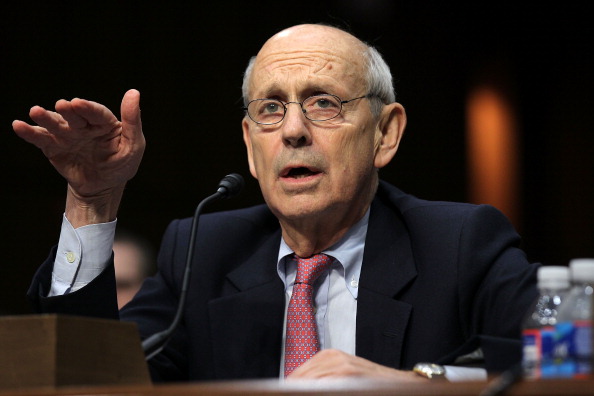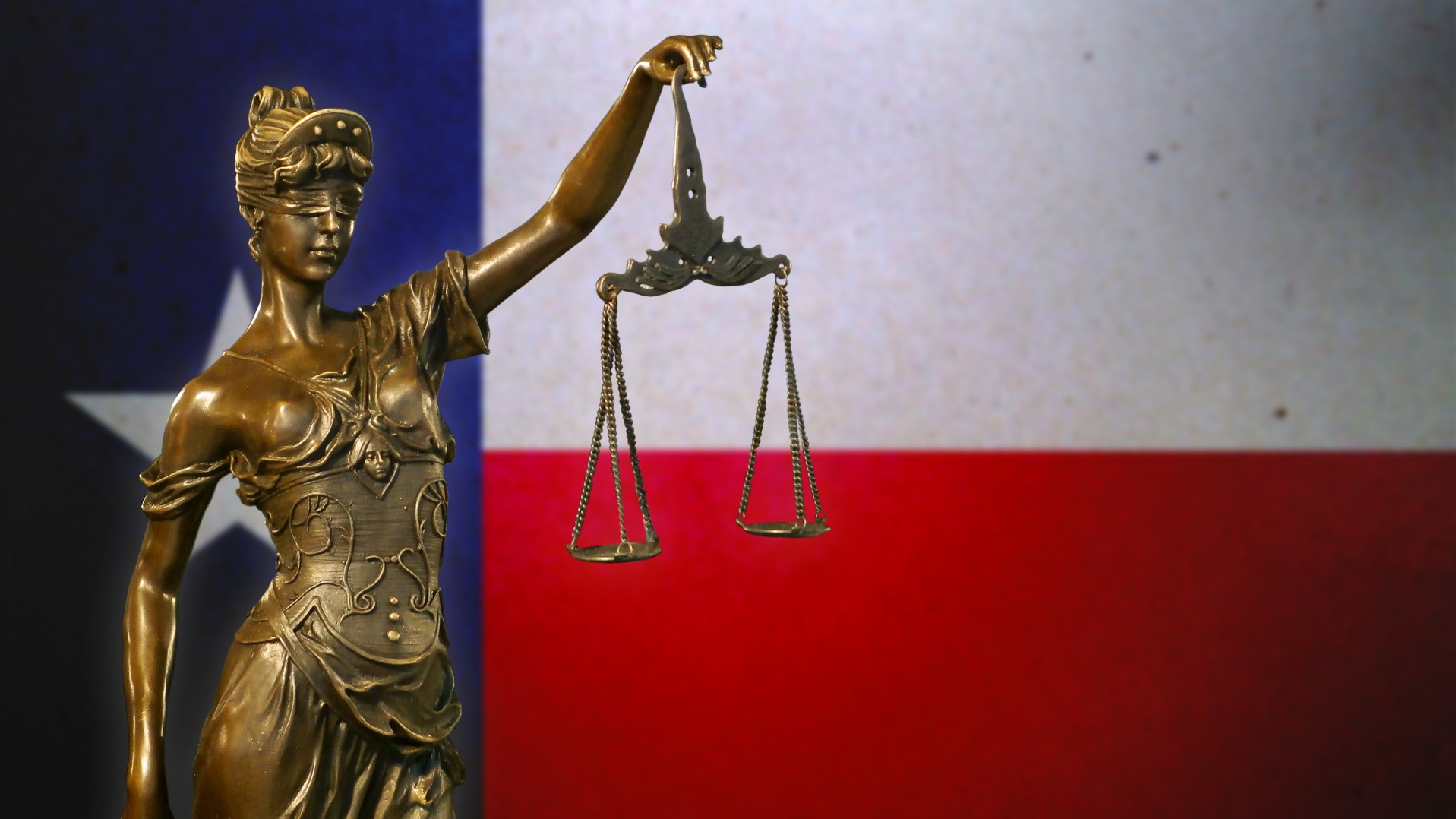Justice Breyer: The death penalty is 'likely unconstitutional'

A free daily email with the biggest news stories of the day – and the best features from TheWeek.com
You are now subscribed
Your newsletter sign-up was successful
Justice Stephen Breyer took his dissent in Monday's Supreme Court ruling upholding the use of a lethal injection drug one step further, not only questioning the constitutionality of the drug, but the constitutionality of the death penalty itself:
"For it is those changes, taken together with my own 20 years of experience on this court, that lead me to believe the death penalty, in and of itself, now likely constitutes a legally prohibited 'cruel and unusual punishmen[t],'" Breyer wrote in his dissent.
He outlined three "fundamental constitutional defects" with the death penalty, including "serious unreliability," "arbitrariness in application," and "unconscionably long delays that undermine the death penalty's penological purpose." He concluded that these three reasons were likely among those that places that have banned the death penalty have considered.
The Week
Escape your echo chamber. Get the facts behind the news, plus analysis from multiple perspectives.

Sign up for The Week's Free Newsletters
From our morning news briefing to a weekly Good News Newsletter, get the best of The Week delivered directly to your inbox.
From our morning news briefing to a weekly Good News Newsletter, get the best of The Week delivered directly to your inbox.
Breyer was one of four justices who dissented from the decision. The court's conservative justices ruled that the three Oklahoma inmates who brought the charges could not actually prove that the drug violated the Constitution's ban against "cruel and unusual punishment."
A free daily email with the biggest news stories of the day – and the best features from TheWeek.com
-
 ‘This is something that happens all too often’
‘This is something that happens all too often’Instant Opinion Opinion, comment and editorials of the day
-
 House votes to end Trump’s Canada tariffs
House votes to end Trump’s Canada tariffsSpeed Read Six Republicans joined with Democrats to repeal the president’s tariffs
-
 Bondi, Democrats clash over Epstein in hearing
Bondi, Democrats clash over Epstein in hearingSpeed Read Attorney General Pam Bondi ignored survivors of convicted sex offender Jeffrey Epstein and demanded that Democrats apologize to Trump
-
 ABC News to pay $15M in Trump defamation suit
ABC News to pay $15M in Trump defamation suitSpeed Read The lawsuit stemmed from George Stephanopoulos' on-air assertion that Trump was found liable for raping writer E. Jean Carroll
-
 Judge blocks Louisiana 10 Commandments law
Judge blocks Louisiana 10 Commandments lawSpeed Read U.S. District Judge John deGravelles ruled that a law ordering schools to display the Ten Commandments in classrooms was unconstitutional
-
 Texas court allows execution in shaken baby syndrome case
Texas court allows execution in shaken baby syndrome caseUnder the radar The state could be the first to carry out the death penalty for someone convicted due to the diagnosis, despite its controversial applicability
-
 ATF finalizes rule to close 'gun show loophole'
ATF finalizes rule to close 'gun show loophole'Speed Read Biden moves to expand background checks for gun buyers
-
 Hong Kong passes tough new security law
Hong Kong passes tough new security lawSpeed Read It will allow the government to further suppress all forms of dissent
-
 France enshrines abortion rights in constitution
France enshrines abortion rights in constitutionspeed read It became the first country to make abortion a constitutional right
-
 Texas executes man despite contested evidence
Texas executes man despite contested evidenceSpeed Read Texas rejected calls for a rehearing of Ivan Cantu's case amid recanted testimony and allegations of suppressed exculpatory evidence
-
 Supreme Court wary of state social media regulations
Supreme Court wary of state social media regulationsSpeed Read A majority of justices appeared skeptical that Texas and Florida were lawfully protecting the free speech rights of users